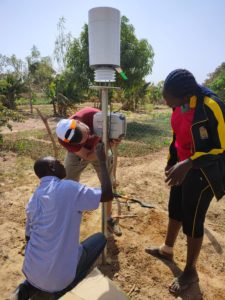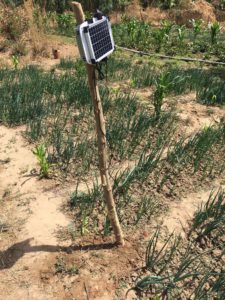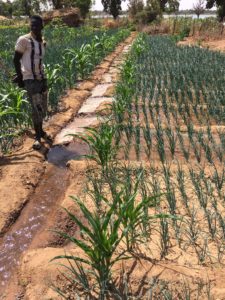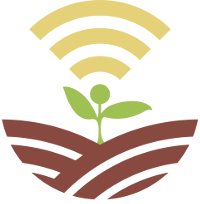The challenge
The project was carried out in the Loumbila area of Burkina Faso, where the economy is heavily dependent on agriculture, with the majority of the population engaged in farming and animal husbandry. The degradation of soil fertility, combined with significant population growth and the adverse effects of climate change, have made agriculture an unproductive subsistence sector, leaving farming communities increasingly vulnerable to the disastrous effects of climate change. The project sought to introduce a new cultivation strategy using WiForAgri, to help small-scale farmers increase yields, reduce production costs, and minimize environmental impact. The target beneficiaries of the project were 80 farmers belonging to two cooperatives, five of whom were directly involved in piloting the new technology.



The technological customization was carried out by a multidisciplinary team of Agronomists and Engineers from Primo Principio, starting from the specific problem and challenge of the pilot fields. The main issue during the dry season is the management of the water resource and in particular the optimization of the timing and doses of irrigation. The availability of water, which all comes from the nearby basin, is the first limiting factor that determines the potential quantity and extension of the agricultural fields in the surrounding area. Optimizing the use of water by avoiding waste through over-irrigation opens the way to a potential increase in the number and/or extension of fields and therefore an increase in agricultural production, which is of primary importance for both subsistence and the local economy.
